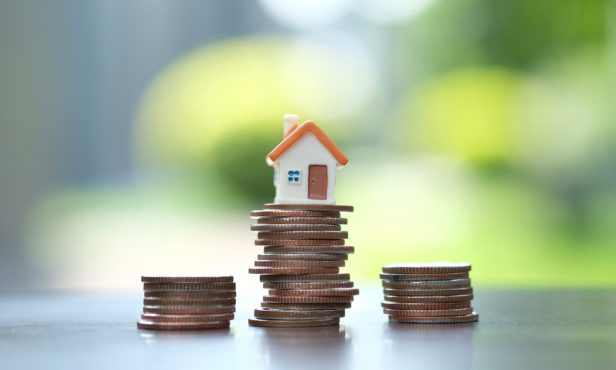On average, house prices fell by 0.5% between December 2020 and January 2021, according to the HM Land Registry house price index.
This is compared to an increase of 0.1% over the same period a year earlier.
However, there was year-on-year price rise of 7.5%, with the average property in the UK now valued at £249,309.

Quilter: House prices show changing tastes post-pandemic
In England house prices fell by 0.6% from December to January, but an annual rise of 7.5% took the average property value to £266,532.
On a regional basis, the North West experienced the greatest monthly price rise, up by 0.7%, while the West Midlands saw the lowest, with a fall of 2.3%.
Year-on-year, the North West experienced the greatest annual price rise, up by 12%; in contrast, the West Midlands saw the lowest annual price growth, with a rise of 4.7%.
Scotland saw both a monthly rise (1.0%) and an annual increase (6.9%), with average prices now sitting at £164,099.
Northern Ireland also saw monthly and yearly price increases, of 3.0% and 5.3%, respectively, with house prices now at an average of £147,593.
In Wales, prices saw a monthly drop of 1.9%, but a yearly rise of 9.6%, reaching £178,907.
Across the UK, semi-detached properties saw the biggest rise in prices between January 2020 and January 2021, at 9.1%, while flats and maisonettes saw the smallest increase, at 2.6%.
New-build prices dropped month-on-month by 0.7%, but rose 9.0% over the year, while existing resold property prices grew 1.3% over the period from December to January, and 6.9% year-on-year.
Prices for first-time buyers dropped by 6.0% on a monthly basis, but grew 6.8% year-on-year; former owner occupiers saw changes of -0.3% and 8.3% respectively.
Nick Barnes, head of research at Chestertons, said: “Following a record December, the sales market maintained momentum throughout January 2021 which has continued into February and March.
“Year-on-year, our offices agreed 12% more sales and took on 9% more instructions from sellers in January, while in the first two months of the year, Chestertons recorded a 57% increase in the number of exchanges compared to the same period in 2020.
“Buyers have been motivated by the desire to beat the stamp duty holiday deadline and a requirement for outdoor space and a dedicated homeworking area in reaction to their lockdown experience.
“Sales demand has remained buoyant into March, as buyer confidence has been boosted by a combination of the well-organised vaccine rollout, the government’s roadmap announcement out of lockdown and a general desire to return to some form of normality.
“Chancellor Rishi Sunak’s Budget announcement to extend the stamp duty holiday deadline has also given the housing market fresh impetus and we anticipate a busy spring and summer.”

